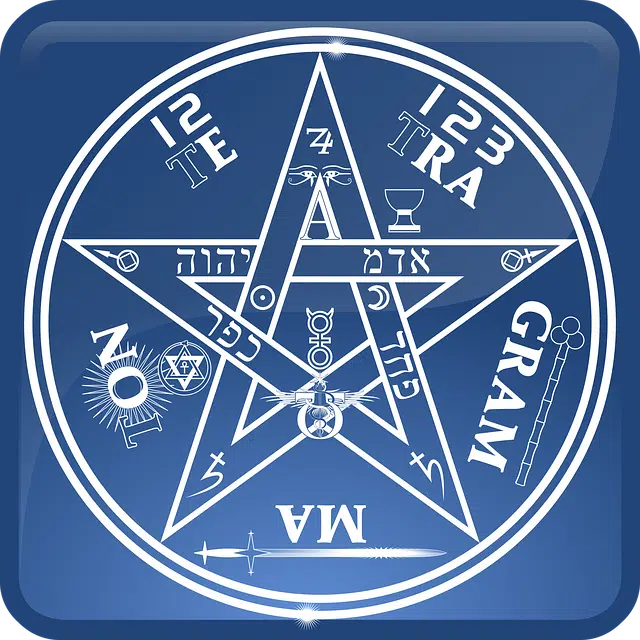
Kabbalah is a doctrine based on the allegorical and mystical interpretation of the Old Testament.
From the Hebrew qabbālāh , Kabbalah is a current of mystical and allegorical interpretation of the Old Testament . The concept refers to the set of doctrines that, through esotericism and the fulfillment of certain precepts, aims to reveal the message of God and the world.
The most remote origins of Kabbalah date back to the Hellenistic diaspora of the 1st century BC. C. , although the current itself developed at the end of the 12th century . Shimon Bar Yojai (who lived between the 1st and 2nd centuries ) explained in the Zohar that, from the bosom of the Supreme All ( Ain Sof ), a ray of light burst forth that gave rise to Nothingness ( Ain ). This divine emanation ( sefirot ), known as Keter , gave rise to nine other sefirot that represent the various aspects through which God manifests himself.
Characteristics and pillars of Kabbalah
In addition to all this, it must be noted that, in past centuries, Kabbalah was not within reach of the entire population. It became a real taboo and only a few were allowed to discover, study and understand it. However, since the 20th century, it has stopped being hidden and has been made available to all interested parties.
Specifically, when analyzing the aforementioned Kabbalah, it must be clear that it is based on two fundamental principles or pillars: the desire to grant and the desire to receive. All this without forgetting other pillars of great value such as vitality, breath, uniqueness, spirit and life.
When studying Kabbalah, it is essential to know that a series of steps will have to be followed. Specifically, we will have to proceed to read and study the following texts in this order: “The Book of Formation”, “The Zohar” and also “The Tree of Life”.

Kabbalah is the ritual or amulet that, according to superstition, brings good luck.
The doctrine today
The modern conception of Kabbalah indicates that this system was given to Humanity by God , without any preconditions.
The Kabbalistic doctrine maintains that the universe works according to principles that, if understood and accepted by human beings, manage to improve life and allow us to achieve plenitude.
Kabbalah as a superstitious ritual
In colloquial language, a kabbalah is a superstitious calculation , a conjecture , or a supposition . The notion is associated with some type of ritual that a person carries out in the hope of having good luck or achieving their goals. Entering a place with the right foot, wearing an amulet, or sitting in the same chair to watch a soccer game are examples of kabbalah.
In this last sense, we can say that it is common for the term cabala to be used in more informal language, to refer to the entire set of intrigues or plots that a person is carrying out with the clear objective of achieving a beneficial purpose for she. An example of this could be the following phrase: “Manuel is making his assumptions about Miguel's behavior so that he can act and win the love of his girlfriend.”
